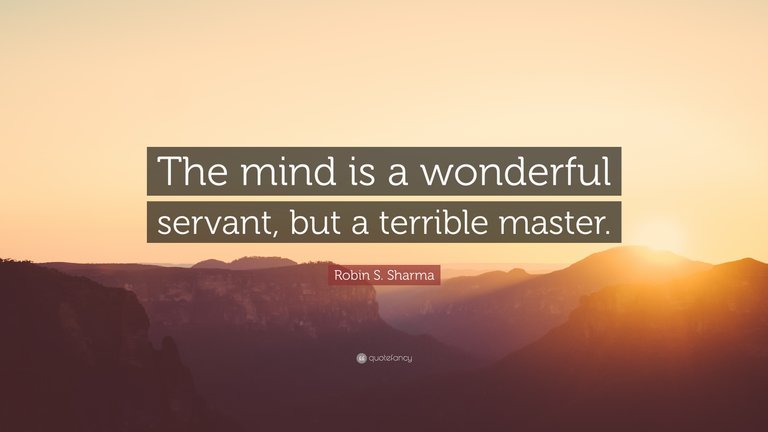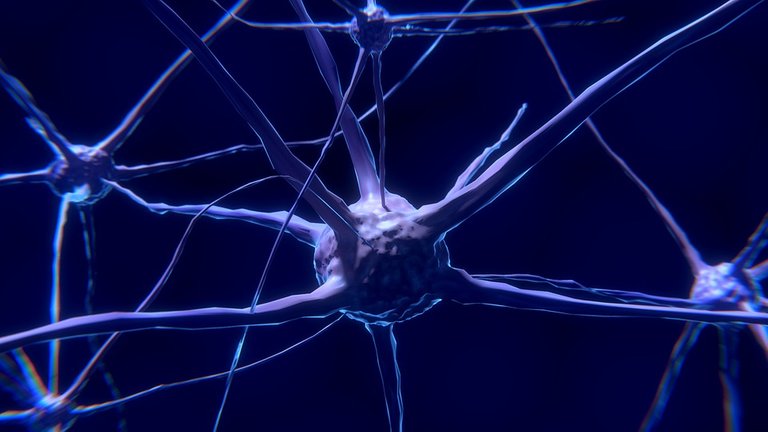How many times haven't you promised yourself you gonna be happy after you get that job you wanted, or after you finished that project. Maybe you wanted that new girl at work or at school to be your lover or you wanted to marry that guy you met at the gym, and thought life is gonna be amazing afterwards. And it does feel good for a while, but for how long? I know I've fallen into this trap countless of times. Looking for external factors to positively influence my inner state and my well-being. Isn't that what people want?

And I can't lie, some things that we strive for bring us intense pleasure, but have you ever asked yourself why is this just momentary? Why is it that after a while we fall back into the same pattern? Why do we constantly need to chase emotions? Is this a flaw in our design? How did the creator manage to put the golden ratio in our harmonious bodies and yet our mind is so difficult to please? It seems like I have more questions than answers.
Let me share with you guys what I've learned along my journey and some answers you're gonna find here might help you in your seeking. Notice I said "our mind". I said this because it's so easy to get tricked into identifying ourselves with it. We are not the mind. The mind is a tool we've got for our own benefit. It's a tool so powerful, it's capable of achieving almost anything and there's no doubt about that. History has proved it. It's main function is to find patterns and solve problems. This is a trait that helped us survive and evolve as a species up until this point.

Robin S. Sharma author, spiritual mentor and lecturer in leadership said "the mind is a wonderful servant, but a terrible master". The reason he said that is because most of us are ruled by it. This is due to the individual's identification with the mind. The moment we do this we create a set of beliefs, judgments and labels and we define ourselves by these concepts. Throughout life we acquired this set of beliefs from our countless interactions with people, from our countless experiences that we've been through. All these events shaped our neural network and created all these connections in the brain. Each new connection is a memory, only this time is a memory of who we think are.

All this process creates a barrier between ourselves and the society. It separates us from the whole. We become selfish creatures and unconsciously begin to compete with each other, a competition for wealth, for power, for who's the best looking, who drives the best car and so on. We constantly fail to realize that unity is the reason we survived for thousands of years and not separation. The compulsive thinking of never being enough brings sorrow and it poisons our emotions.
The emotion is the body's reaction to thoughts. Basically how this works is when we have a negative thought we get a bad emotion. Science showed emotions trigger brain to release chemicals in the body. When we have bad thoughts, we experience bad emotions, and we get harmful chemicals. These chemicals not only affect our mental state, but also weaken the immune system and the quality of life. Now the obvious action that the individual should do is to shift the thought pattern. Easier said than done, because most of us aren't even aware of the emotions we are feeling. We learned to suppress the emotions that we don't like, instead of becoming conscious observers. Same goes for the thought patterns.
Another negative aspect is that the same as our thoughts determine what emotions we experience, our emotions determine what thoughts we have. So we get stuck in this loop of thinking and feeling and until we become aware of this issue it will not go away by itself. You might think that one can get lucky and win the lottery . Won't that break the pattern? Most likely not. Because it's not about the external factors. It's about our identity we've created. Our neural pathways, the way we are wired will pull us back where we were before. Basically we will find other reasons to be unhappy. That's why you can see poor people happy and rich people unhappy, and vice-versa.
In the next article I'm gonna write about what methods there are for breaking these patterns.
If you enjoy reading these kinds of articles you can follow me and I will do my best to provide quality information. Thank you for reading this!
Credits: https://pixabay.com (Photos)